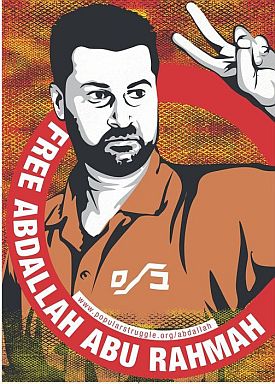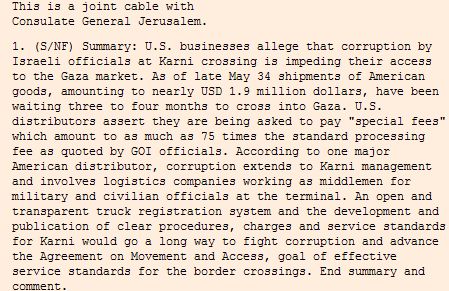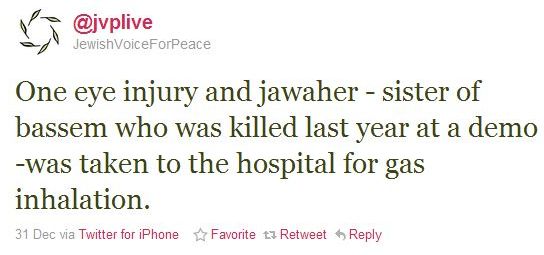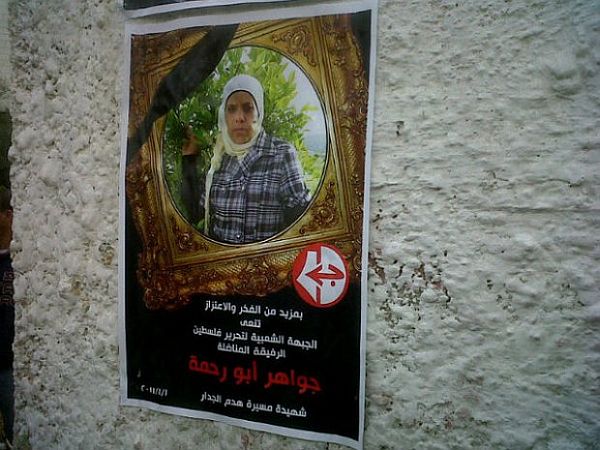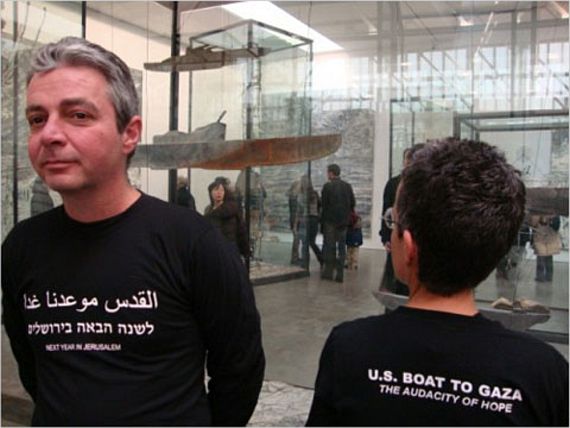Storming Egypt State Security
The video speaks for itself. We stormed into the notorious political police main HQ in Cairo after the authorities didn’t dismantle the apparatus. We did it ourselves.
The end of the video shows an former Islamist detainee who discovered an electric torture tool explaining how he was tortured on it.
Glory to the martyrs of the Egyptian Revolution. (Mohamed Abdelfattah)
Hamas makes first contact with new Egyptian leaders
Gaza’s Hamas rulers on Monday contacted Egypt’s new leadership for the first time since a popular revolt toppled Hosni Mubarak from power last month, a statement from the Islamist group said.
Hamas leader in Gaza Ismail Haniyeh telephoned Egypt’s new Prime Minister Essam Sharaf to congratulate him on his post and urged him to help lift an Israeli blockade of the coastal territory, a statement from Haniyeh’s office said.
Gaza shares a border with Israel and Egypt. Both countries have limited the movement of people and goods into and from Gaza since Hamas seized the territory in 2007, a policy which has crippled the enclave’s economic growth. (Reuters)
West Bank wind of change
The PLO leadership called for a Day of Rage across the occupied territories on 25 February, following the US veto of a United Nations Security Council resolution one week earlier condemning Israel’s continued settlement building. It sought thereby to deflect growing discontent at the Palestinian Authority (PA) and direct indignation at the US for protecting Israel. Though Hamas also condemned the veto, Gaza remained calm.
In Hebron, a thousand turned out to protest against the Jewish settlements in the heart of the city, clashing with Israeli soldiers (IDF); as the protests spread, the PA sent in their riot police to help the IDF. In Ramallah, the PA failed to mobilise support for their Day of Rage. A day earlier, Palestinian youth had already taken to its streets, in a separate protest, to demand national unity between the PA and Hamas. Scuffles broke out between supporters of PA president Mahmoud Abbas and Palestinians demanding an end to the Oslo accords.
After the regimes in Egypt and Tunisia fell, the PA had moved quickly to counter the spreading wave of people power. Al-Jazeera’s release of the leaked “Palestine papers” in January, exposing a relationship between the Palestinian leadership and Israel based on concessions to, and collusion with, the occupation, had already undermined PA legitimacy. The PA watched nervously as Egypt’s president Hosni Mubarak was forced from office, and adopted a policy of containment. The chief PLO negotiator Saeb Erekat resigned, Abbas declared there would be presidential and legislative elections by September, and prime minister Salam Fayyad dissolved his cabinet.
According to PA spokesman Ghassan Khatib, Erekat’s departure was in response to the Palestine papers, not the events in Egypt. Khatib explained that there was a vast difference between the Palestinian situation and the rest of the region: “The cabinet reshuffle was overdue but the events in Egypt sped it up. Here it’s not the same as elsewhere; there is a democratic process that has been disrupted by occupation and the internal division” between competing authorities in the West Bank and Gaza.
Though the call for elections suggests the PA’s concern to move with the winds of change, Khatib said it had other intentions: “President Abbas didn’t imagine elections in the West Bank without Gaza. For elections to happen in Gaza, it would require national unity, and I think the chances of that are very low.” The call for elections – a show of intent, not a decree – was “an attempt by the PLO to put pressure on Hamas to go ahead and allow elections in Gaza”. (Joseph Dana and Jesse Rosenfeld)
In Tunisia, political ambiguity breeds violence
Tunisia vibrated with palpable euphoria in the days after mass protests forced Zine El Abidine Ben Ali to decamp to Saudia Arabia.
A few short weeks on, utopic expectations of a sweeping break with the old regime are colliding with concerns that the country is edging towards political and economic crisis.
“There’s a big discussion underway between those that are concerned that genuine revolution be realised, and those that are really concerned that the power vacuum will lead to chaos,” says Michael Willis, a lecturer at Oxford University’s School of Oriental Studies.
Tunisians are split into two general camps: what might be called the ‘idealists,’ who refuse to rest until every last relic of the old regime has been stripped away, and the ‘realists” who fear that, however imperfect and in need of reform the existing institutions may be, instability and lack of governance could open the way for either the military or the barely-ousted regime to take power.
The idealist group includes a tactical alliance of Islamists, trade unionist and far-left groups, while the reformers include centre-left opposition parties, conservatives, former allies of Ben Ali and independents who have stepped into the political sphere for the first time.
Until the deadlock between the two sides is bridged, the country is floating in a state of limbo.
Lurking in the shadows, both groups are quick to say, are Ben Ali loyalists poised to profit from any ambiguity to re-establish their political might. Each side accuses the other of being infiltrated by former members of the recently disbanded RCD (Constitutional Democratic Rally) party. (Al Jazeera)

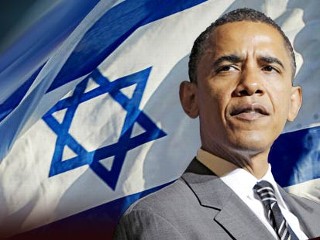 This weekend, a new member enrolled in Likud – and not just in the ruling party, but in its most hawkish wing. Located somewhere between Tzipi Hotovely and Danny Danon, U.S. President Barack Obama bypassed Dan Meridor and Michael Eitan on the right and weakened their position.
This weekend, a new member enrolled in Likud – and not just in the ruling party, but in its most hawkish wing. Located somewhere between Tzipi Hotovely and Danny Danon, U.S. President Barack Obama bypassed Dan Meridor and Michael Eitan on the right and weakened their position.